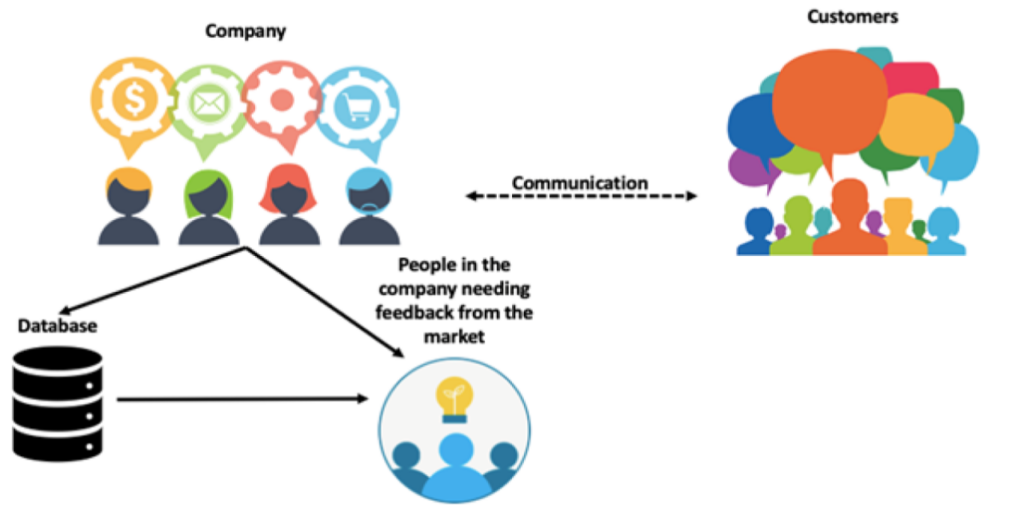Information technology businesses are becoming increasingly competitive. With so many great technology items on the market, it all boils down to the degree of service that a company can provide. We may be wondering how this relates to knowledge management at this point. To begin, let’s define exactly what we mean by ‘knowledge management’?
Information in action is how we define knowledge from a practical standpoint. The information does not become knowledge unless it is put in use by someone. What employees know about their customers and each other, about products and procedures and mistakes and accomplishments is referred to as knowledge in the business world. Knowledge management can be described as an organized effort to help information and know-how spread and grow. When it comes to improving an organization’s performance, this field focuses on establishing and overseeing systems that make it easier for the right people to have access to the right information at the right time. (O’Dell & Hubert 2011, 2.)
How should knowledge management be used to increase competitiveness?
Companies can get a competitive edge by effectively managing their knowledge. It is possible for a corporation to begin adjusting its services to meet the needs of the market once it obtains the necessary information. It will take some time and effort, but the payoff is worth it. In our opinion, the following are essential for a company to be at the forefront of customer demand knowledge:
- Weekly or at least monthly contact with the customer. Where today’s solutions and outlook of the future are being discussed.
- The feedback from the customer regarding products and services needs to be distributed to the right people.
- A system where this information is logged and easily accessible anytime, anywhere.
(Karhu 2022, 30, 40-42.)

There is a universal characteristic of knowledge. That suggests that knowledge is only valuable if it is shared with others who value it. As a result, no matter how advanced the technology is, the information is only useful if it is shared. To be clear, some sort of system is needed to preserve and transfer knowledge when it is defined as something which perishes unless it is purposefully preserved. (Ishikawa & Isamu 2007, 8-9.)
There are several things that will begin to happen when customers are engaged on a regular basis, client feedback is delivered to those who benefit from it, and there is a system storing the information. It seems to me that this is a turning point in the company’s development. The development process is guided by market feedback, and the final product meets customer needs. This, we believe, is the moment when the company enters the land of opportunity with its offerings.
A company that provides a good product and a service that meets the needs of its customers is the best that a customer could hope for and more. As a result, knowledge management is assisting businesses in maintaining a competitive advantage in markets where competition is strong.
Authors
Joonas Karhu is a graduate student at LAB University of Applied Sciences. He participated in the Master program Regenerative Leadership. He is Professional Services Team Manager at Acrelec.
Anne-Marie Tuomala is a senior lecturer at LAB University of Applied Sciences and she specializes in project and process management.
Sources
Karhu, J. 2022. Bringing knowledge management to Professional Services Team Case: Acrelec Nordics. Masters Thesis. LAB University of Applied Sciences, Technology. Lahti. Cited 13 Mar 2022. Available at https://urn.fi/URN:NBN:fi:amk-202203153521
Ishikawa, A & Isamu, N. 2007. Knowledge management and risk strategies. Hackensack, NJ: World Scientific. Cited 13 Mar 2022. Available at https://search-ebscohost-com.ezproxy.saimia.fi/login.aspx?direct=true&db=e000xww&AN=203820&site=ehost-live
O’Dell, C & Hubert, C. 2011. The new edge in knowledge: How knowledge management is changing the way we do business. Hoboken, N.J.: Wiley. Cited 12 Mar 2022. Available at https://ebookcentral-proquest-com.ezproxy.saimia.fi/lib/lab-ebooks/detail.action?docID=661613




